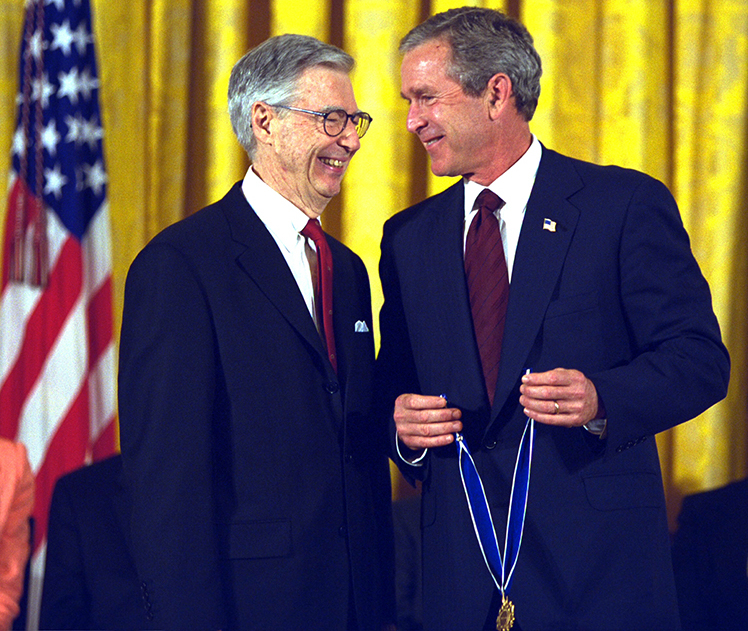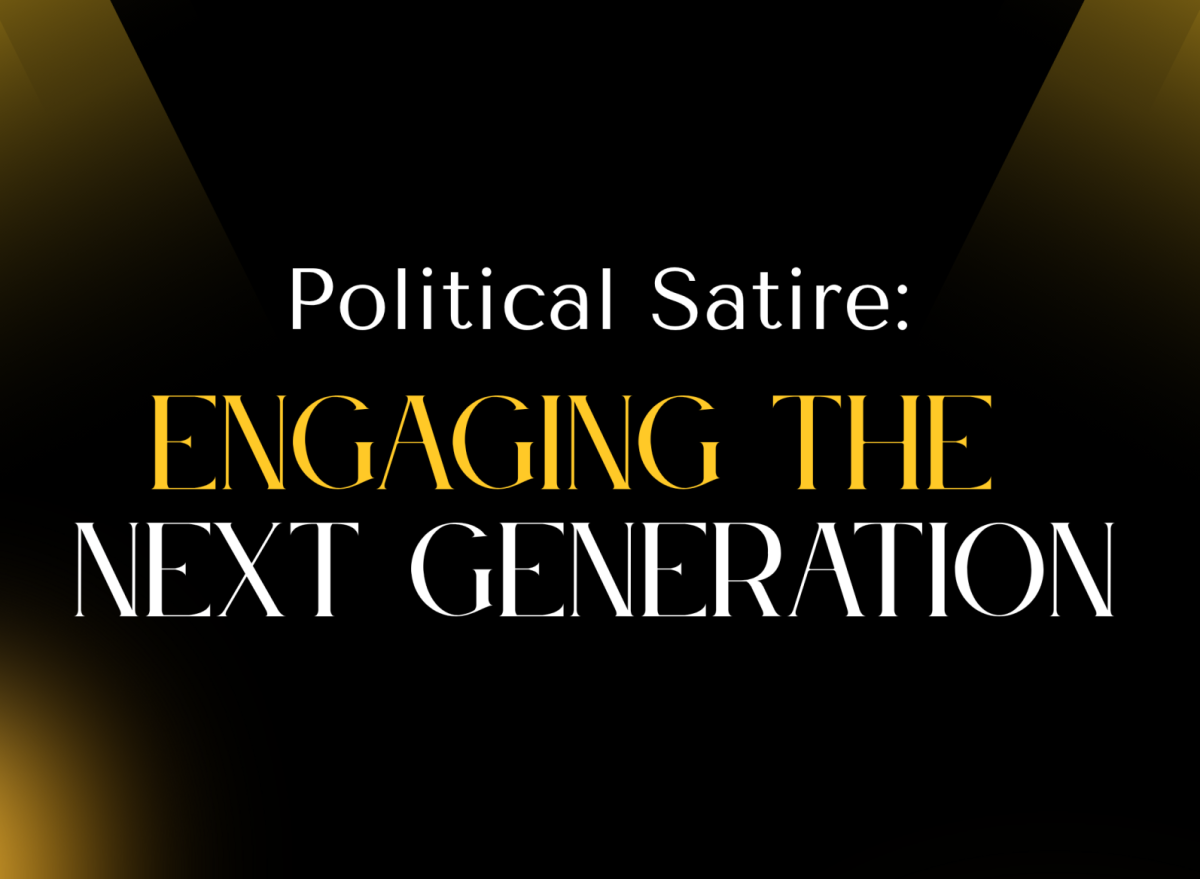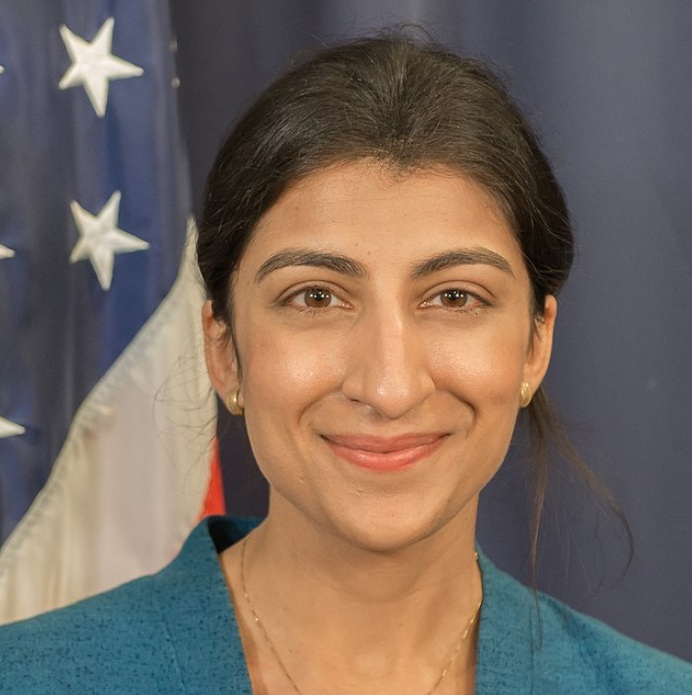Recently, President Trump passed an executive order enacting sweeping cuts to federal funding of public organizations like PBS and NPR, claiming that the networks presented biased programming to the American public. The cuts will drastically reduce the production of children’s educational programming under the “Ready to Learn” grant, previously ensuring the support of educational content for American children on public television. However, while the presidential administration has justified the end of federal grants to public organizations for reportedly presenting unproductive and biased information to viewers, the cultural legacy of PBS suggests otherwise.
The rhetoric related to the idea that public broadcasting supplies the American public with “biased” messaging has been prevalent in American politics since the Nixon presidency. The most notable attack on American public broadcasting from Congress was in 1969 when the Nixon administration had attempted to defund many media outlets deemed unfriendly to the administration. The congressional hearing featured testimonies from notable representatives and public figures associated with PBS, including Fred Rogers, of Mister Rogers’ Neighborhood. Rogers’ testimony to the congressional committee stressed the importance of public funding for the survival of programs like his own to provide educational content for children as an alternative to the “animated bombardment” of other shows aimed at children. The guarantee of quality content for American children under PBS by Rogers is even more important today than it may have appeared in the late 1960s.
Despite the fact that Rogers’ show was a program for children, it has since been praised by media historians, parents and viewers alike for its ability to digest the complex and daunting social issues of its near 35 year run in an easily understandable and palatable manner for children. Rogers was known for his willingness to go beyond just addressing social turmoil, but actively promote social equality despite the taboo nature of doing so on American broadcasting. In an episode in 1969, Rogers famously invited Officer Clemmons, an African-American police officer on the show, to join him in cooling his feet in a small wading pool during a summer day. The simple gesture was featured in the episode to challenge the fact that many American swimming pools remained segregated in 1969, despite the passing of the Civil Rights Act of 1964. The episode is one of many from Rogers’ show where young American children were presented with simple, yet powerful demonstrations in response to social inequality and prejudice.
Public broadcasting has also assisted American children in comprehending more spontaneous events within American history, like the 2001 episode in which the colorful muppets of Jim Henson’s Sesame Street, took a somber, yet heartfelt break from their usual broadcast style to feature children on the show to share their emotional state in the wake of the September 11th attacks. The programs have also provided substantial educational content, providing lessons in basic mathematics, history and science in shows throughout the years. Beyond young children, older viewers can find quality entertainment across all topics, from the fascinating scientific exploration in programs like Nova, to the expansive historical documentaries of Ken Burns, like The Civil War or Baseball.
Just as these programs became a trusted resource for providing children with basic educational foundations, as well as lessons in empathy and understanding throughout the 20th century, PBS children’s programming has become a positive alternative to children’s entertainment in an increasingly digital era of unrestricted access on platforms like YouTube and TikTok. The numerous social-emotional repercussions of driving American children further into unregulated cyberspaces may only exacerbate the growing concerns of the HHS, making the cut of public broadcasting even more detrimental to American children and adolescents than it is already likely to be. While the recent executive orders have made significant cuts to PBS production, its programing may once again remain a stronghold of quality entertainment for a generation of young Americans in a world of increasing distraction and anxiety. The current administration should acknowledge the power of public organizations like PBS as a resource to assist the American youth, rather than dismiss it as a dangerous excess in federal spending.








Calvin Cáceres
May 21, 2025 at 8:37 pm
Interesting.